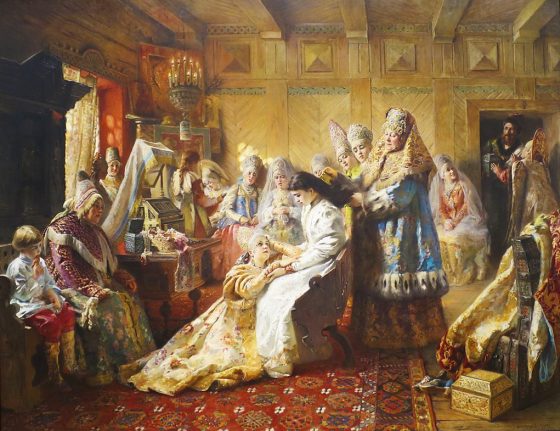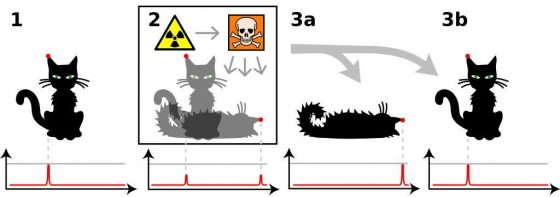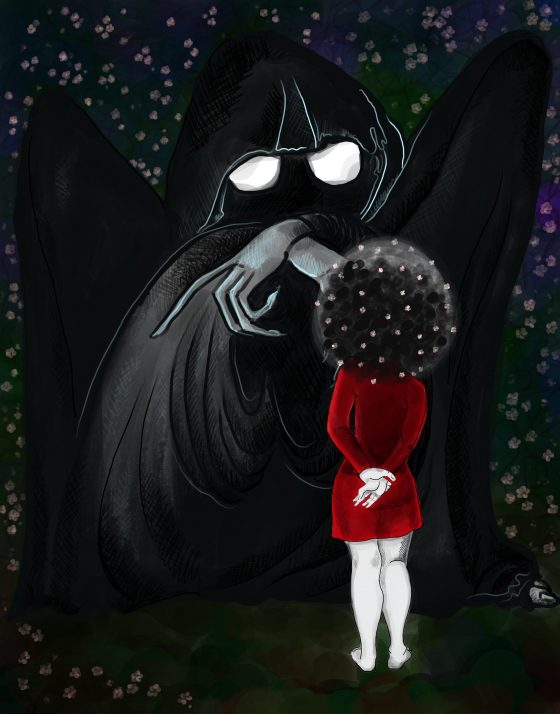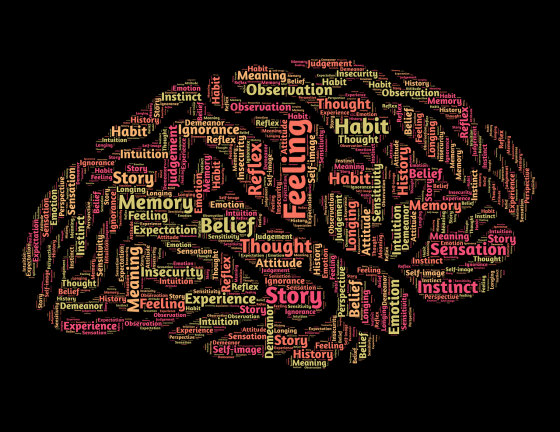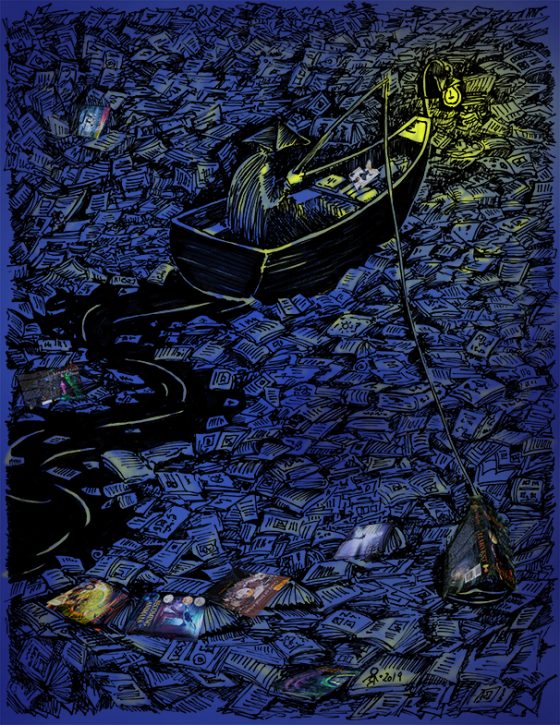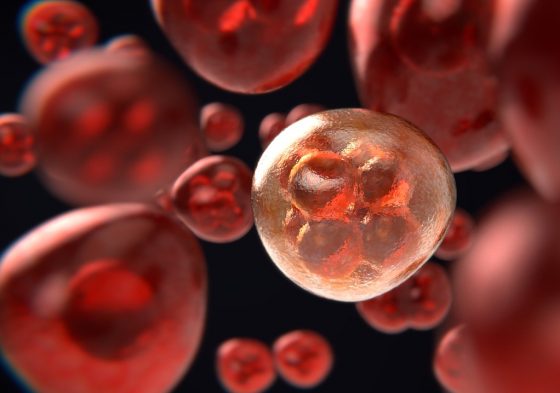
World War Z is upon us, and it behooves us to consider its consequences carefully. We all understand that deprivations and stresses of war leave scars on the survivors, physical and psychological. Bullet wounds, starvation and malnutrition, exposure and lack of sleep, physical exhaustion and lack of hygiene are but the most obvious horrors of war. And so are the psychological effects of watching loved ones suffer and die, living with uncertainty and constant threat, the fear, the everpresent anxiety, and complete powerlessness over one’s circumstances can cause as much physical damage as a bullet. And, of course, causing harm to another human, killing another being is a brutal assault on one’s soul and not something the perpetrator is likely to ever get over. All the endless wars that we have been fighting all over the world taught just how punishing these conflicts are on civilians and soldiers alike. No wonder we have a suicide epidemic among our veterans. The war for them is not over when they come home… But now consider what wars do to the next generation — not the survivors themselves, but to those who are born to them after the conflict is over. Again, the…

